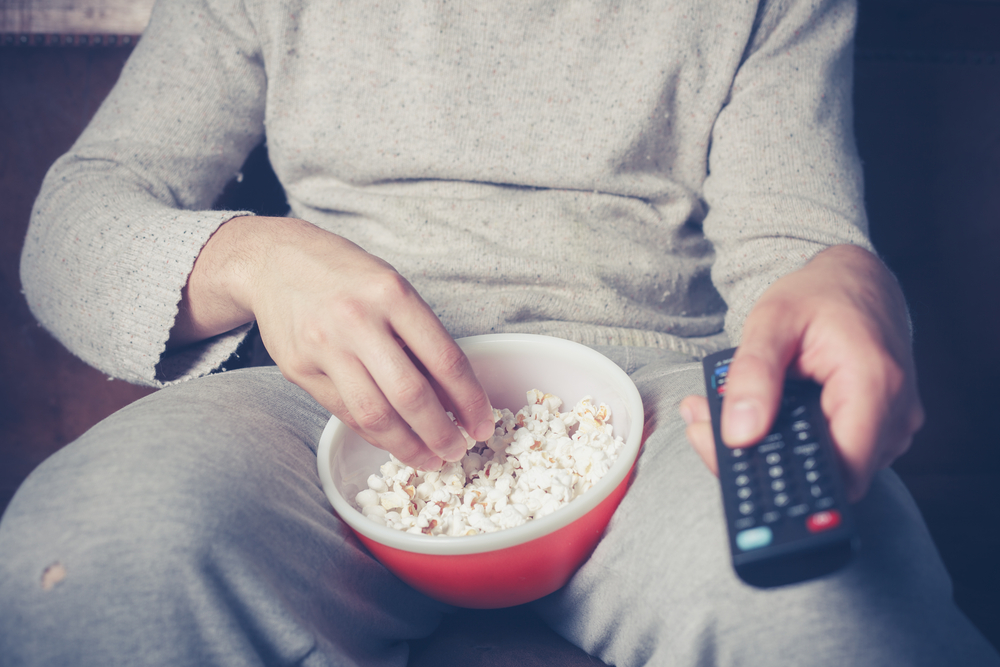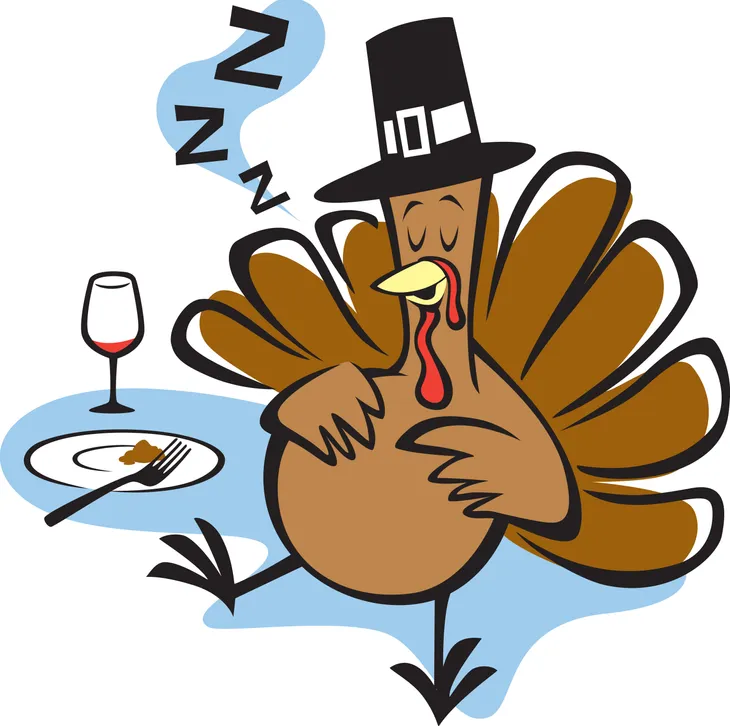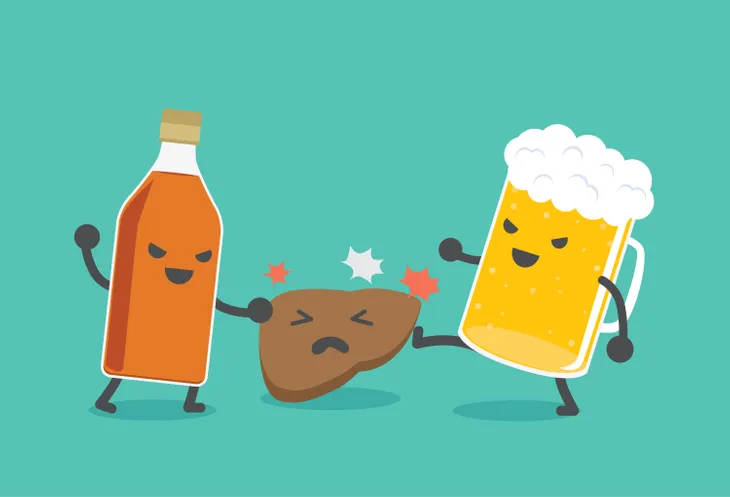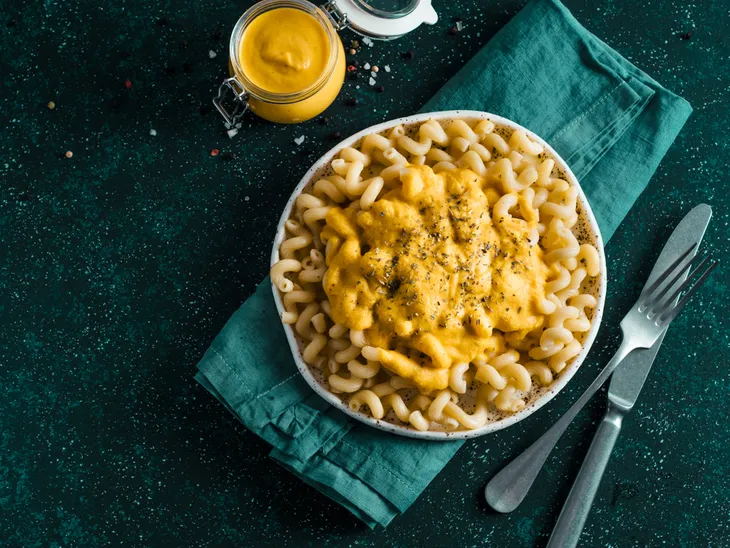I know it’s sad that summer is in its last remaining few days. However, that doesn’t give you permission to wallow in a food and hibernation coma until the first buds of spring arrive.
The following 10 bad habits are particularly tempting and damaging to your health come autumn…
Overeating
Because obesity puts you at prime risk for heart disease, eating bear-sized portions when the air starts to chill and the leaves start to change color is not a wise move for your waistline or your heart. In fact, oversize portions of the high-calorie carbohydrates we crave come fall—think white bread, refined pastas, and sugary drinks—will only make you put on weight.
Becoming a Couch Potato
If you sit for at least 8-hours a day at work then make it a habit to come home and sit for another 6 or more hours until you go to bed, you’re not getting much activity in your life. In fact, all of the sitting actually increases your risk of weight gain, heart attack, and stroke. So get out and get those muscles and that blood pumping for at least 30-minutes each day.
Avoiding Fruits and Vegetables
I know that once the ground frosts over it’s difficult to stick to that fresh plant-based meal you consumed in summer. However, loading up on fruits and vegetables vs. refined sugar is quite easy in the colder months to if you’re willing to buy local and buy frozen fruits and vegetables with no added sugar when you can’t get fresh.
Hibernating Inside
If you veto going outside come fall, you’ll be in sorry shape come winter. Why? We all need sunshine (or rather vitamin D) to help balance mood and combat depression. Plus, getting outside for some fresh air helps reduce stress, fall allergies, and even lowers blood pressure. So if you don’t like to be outside after dark, take a stroll on your lunch hour or go for a run before work.
Drinking Excessively
When the weather gets chilly we tend to look for more reasons to celebrate indoors. And with Halloween parties, Thanksgiving dinners, and more on the go, alcohol tends to play a big role is social events. But remember, keeping your drinking to a minimum will keep your weight, blood pressure, and heart rate balanced, so don’t overdo it!
Withdrawing from Social Activities
Sure, some days we just want to go home from work and bury our heads. However, the best way to ward off the fall blahs is by getting out with friends or family a few nights a week. This way you’ll boost your mood, social connections, and health at the same time.
Too Much Comfort Food
In fall it’s easy to stay about as stuffed as a Thanksgiving turkey. We naturally put on a few pounds to prepare for winter, but that’s no excuse to stuff yourself with fatty, surgery comfort food and gain a bunch of “winter” weight. Break the empty carbohydrate cravings by sticking to complex carbs—like brown rice, whole grain breads and cereals, and whole wheat pastas come fall.
Not Exercising
While the thought of getting up early to job in the chilly morning air might make you apt to crawl back into your warm bed, a fall exercise routine will keep you motivated, energized and trim during the colder months. Try a fun activity, like hot yoga or Zumba class to warm you up.
Not Taking Advantage of a Flu Shot
Many of us are lucky enough to get a free annual flu shot as part of our health plan. Many workplaces offer free flu shots to protect their staff from falling ill due to a chronic virus during months when immunities tend to plummet. Protect yourself and your loved ones from falling ill.
Becoming SAD
If you tend to get a bit blue during fall and winter, you might suffer from Seasonal Affective Disorder (or SAD), a depression disorder that stems from a lack of sunlight (or vitamin D). Be proactive against the blues by getting outside in natural daylight as much as possible, or purchase a light box, a tool that mimics natural daylight indoors and expose yourself a few times daily.













